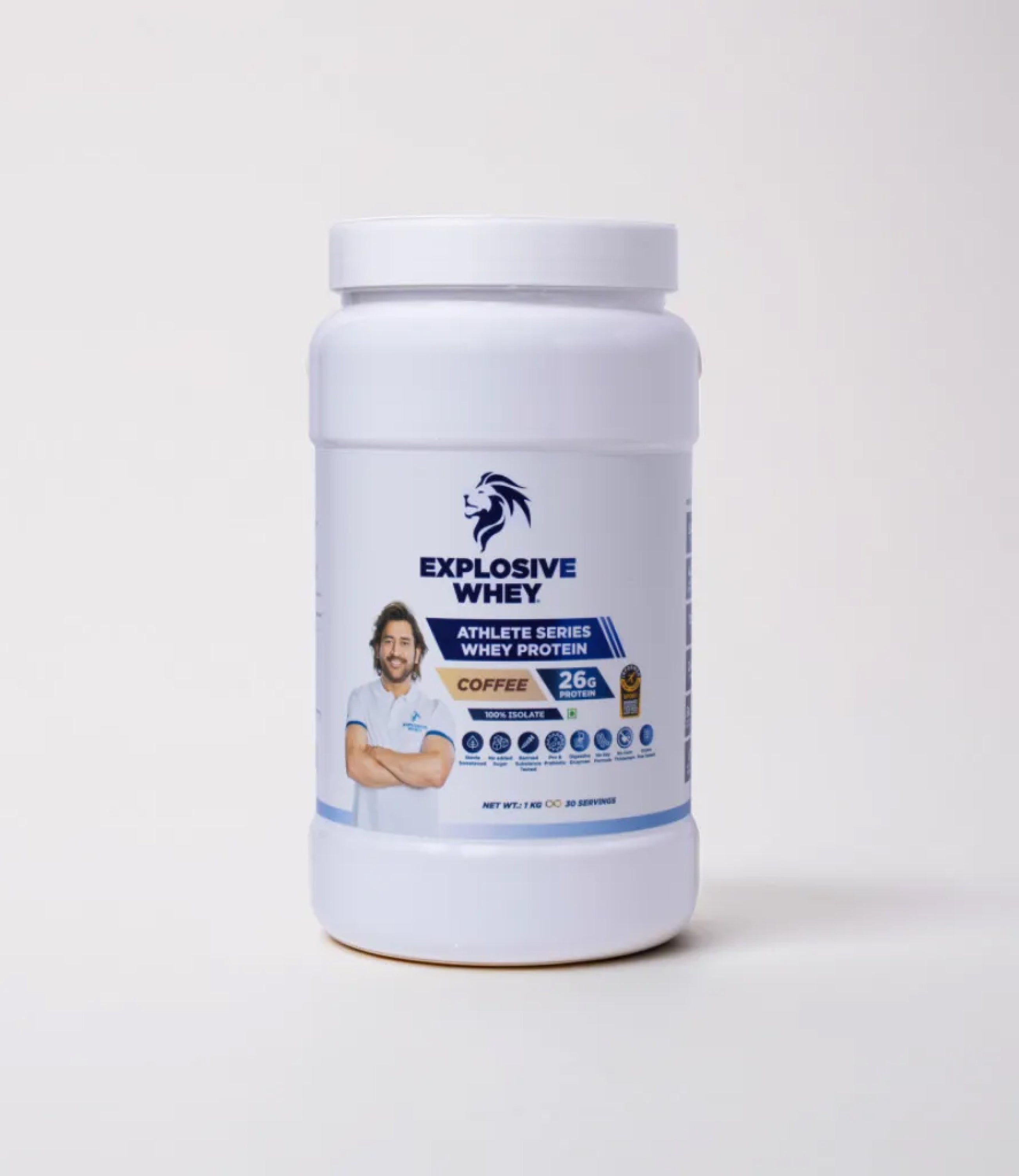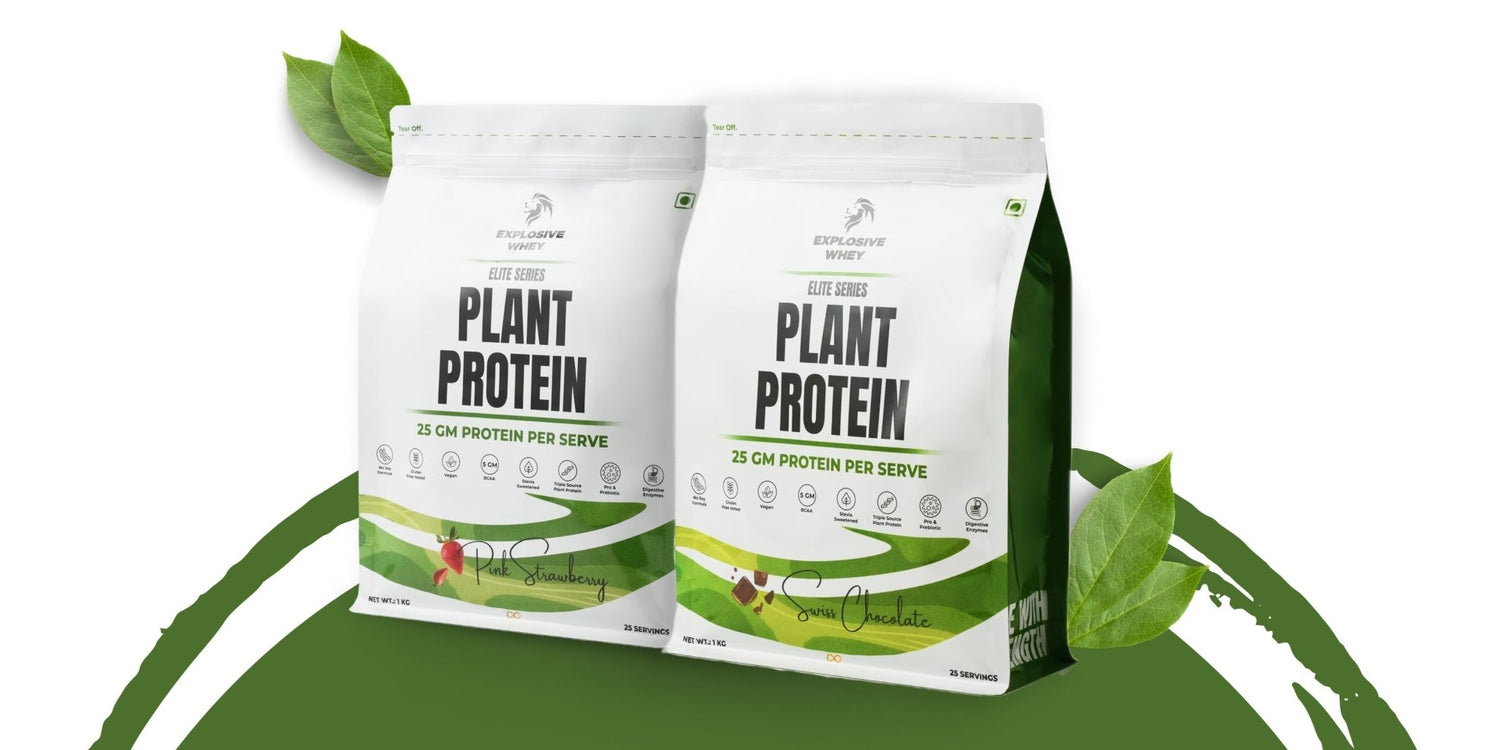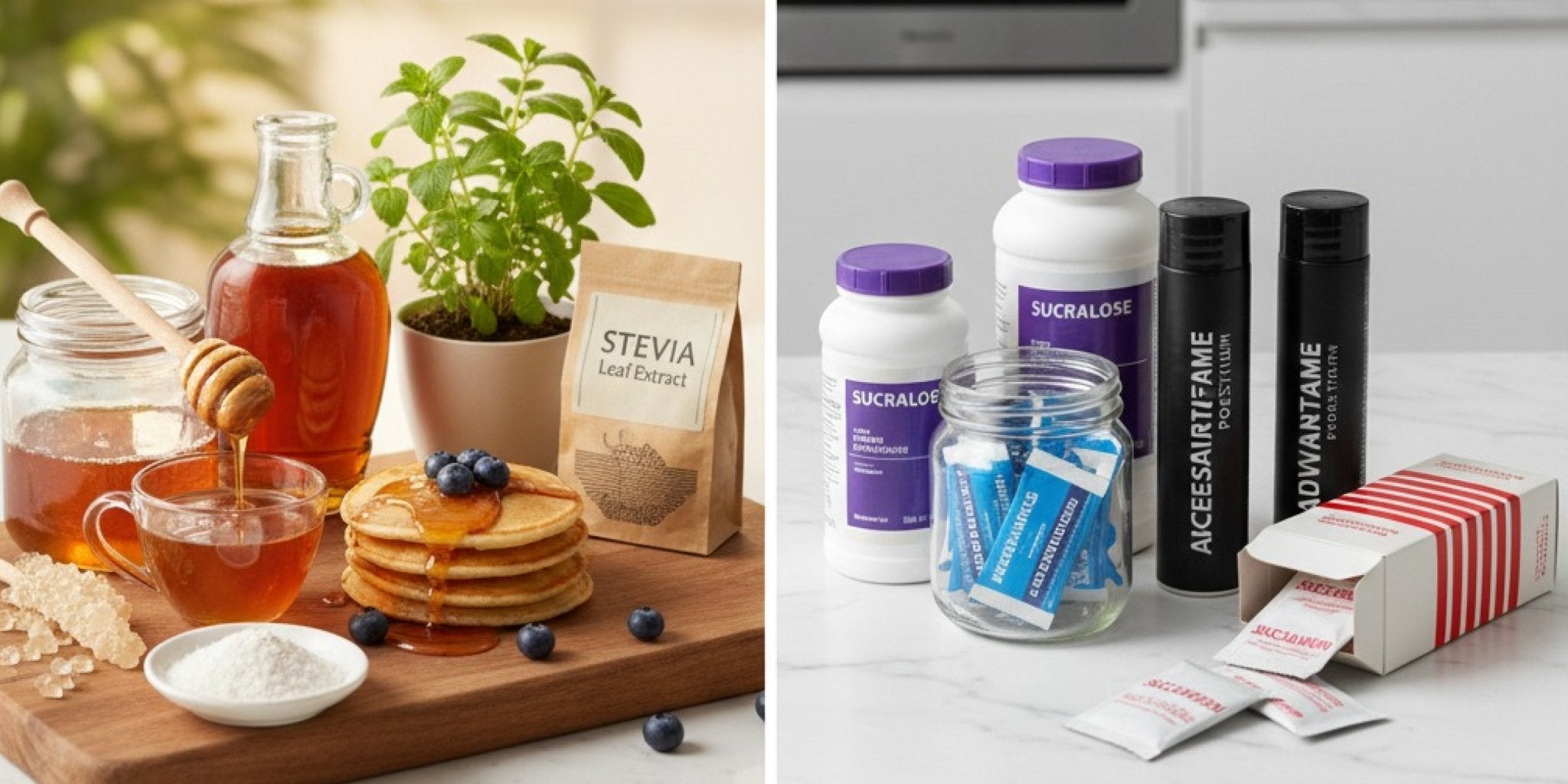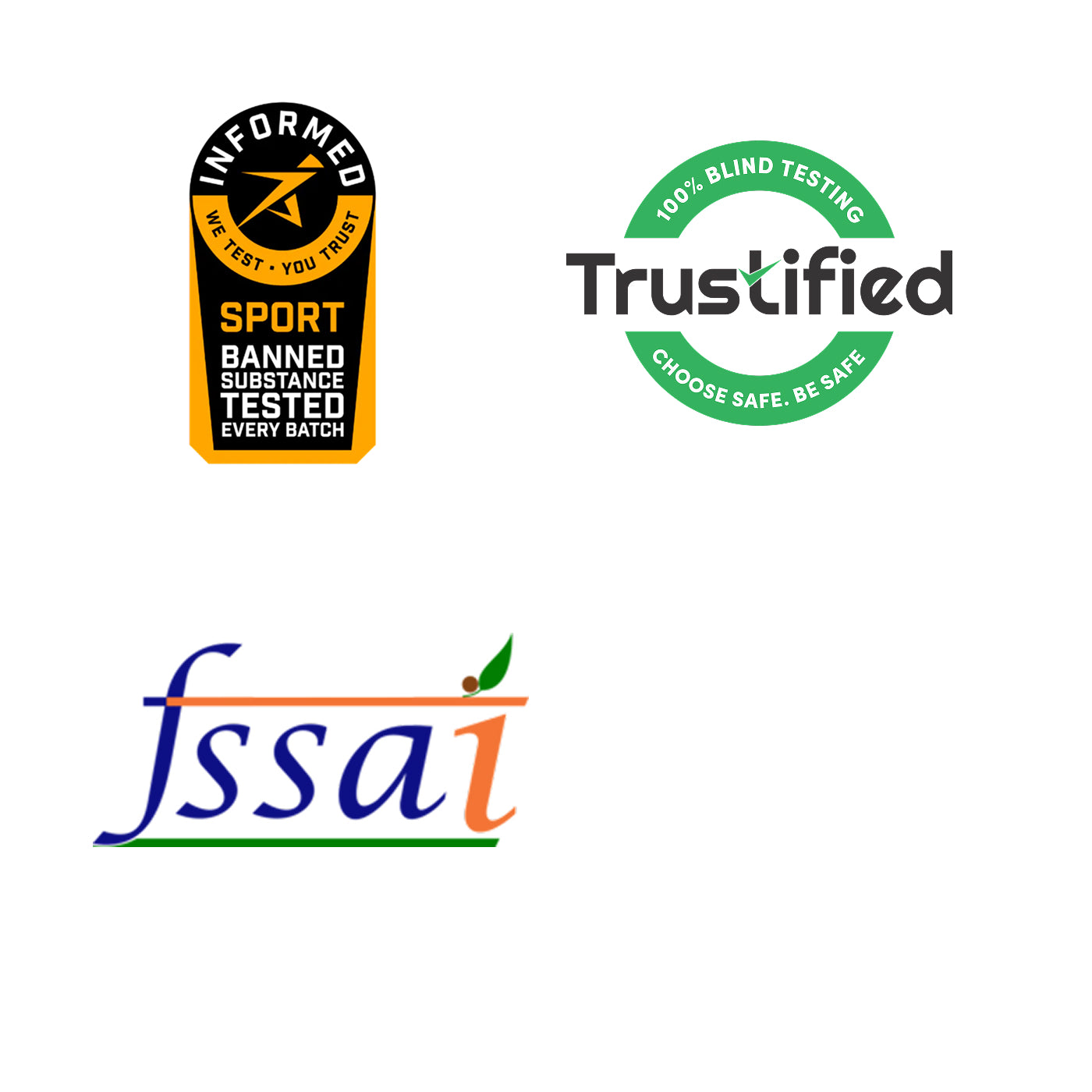If you’re looking for a healthy and sustainable alternative to whey or animal-based proteins, plant protein powder is a fantastic choice. It is made from natural plant sources, making it perfect for vegans, vegetarians, or anyone seeking cleaner nutrition. With its growing popularity, plant protein has become a go-to option not only for athletes but also for people wanting better digestion, heart health, and balanced nutrition.
A Complete Guide to Plant Protein Powder
Plant protein powder is a supplement made from plant-based ingredients like peas, rice, hemp, or soy. Unlike animal-based proteins, it is often easier to digest, free of common allergens, and provides a sustainable option for long-term health. Today, many choose it for its nutritional value, versatility, and eco-friendly benefits.
What Is Plant Protein Powder?
Plant protein powder is a powdered supplement made by extracting proteins from plants. It is widely used in fitness, weight management, and general wellness routines as a clean protein source.
Common Plant Sources
The most popular sources include peas, rice, hemp, soy, and quinoa. Each type provides different amino acids, which together create a complete protein profile. These sources make vegan plant protein powder an excellent replacement for animal protein.
Organic and Clean Options
Many people now prefer organic plant protein powder, meaning it is free from artificial additives, pesticides, and GMOs. Organic protein powders are often cleaner, safer, and better for long-term health while still being eco-friendly.
Forms Available
Plant protein powders come in blends or single-source options. Some powders combine pea, rice, and hemp to ensure a full amino acid profile, while others stick to one plant type for simplicity. Both forms are widely available in natural food stores and online.
Who Can Benefit
Plant protein is beneficial for athletes, vegans, vegetarians, and those with lactose intolerance or dairy allergies. It’s also a smart choice for people who want an allergen-friendly, nutrient-rich, and environmentally conscious protein source.
Types of Plant Protein Powder
There are several types of plant-based proteins, each offering unique benefits for health and performance.
Pea Protein Powder
Pea plant protein powder is one of the most digestible sources, packed with essential amino acids like arginine for muscle growth. It blends smoothly into shakes, making it a favorite for fitness lovers. Its allergen-free nature makes it suitable for almost everyone.
Soy Protein Powder
Soy protein is one of the few plant-based sources considered a complete protein, meaning it contains all nine essential amino acids. It’s effective for muscle building, though some people avoid it due to soy sensitivities or hormonal concerns.
Rice Protein Powder
Rice protein powder is hypoallergenic, making it perfect for sensitive stomachs. Although slightly lower in lysine, it is often paired with pea protein for a complete profile. It’s mild in flavor and easy to mix into smoothies.
Hemp Protein Powder
Hemp protein powder is nutrient-rich, containing omega-3 fatty acids, fiber, and minerals along with protein. While it has a slightly earthy taste, its natural nutrition makes it highly valued among health-conscious individuals.
Plant Protein Powder Benefits

Plant-based protein powders offer more than just muscle support—they contribute to overall wellness.
Muscle Support and Recovery
Plant protein contains essential amino acids that help repair and build muscles after exercise. While slightly less concentrated than whey, high-quality blends provide excellent recovery support for athletes and fitness enthusiasts.
Weight Management
Because it is filling and lower in calories, plant protein powder benefits weight management by reducing hunger. Many people find it helps them stay satisfied longer, reducing unnecessary snacking throughout the day.
Heart and Digestive Health
Plant proteins are naturally cholesterol-free and often contain fiber, making them excellent for heart and gut health. They promote smooth digestion and support a healthy cardiovascular system, unlike some heavy dairy proteins.
Allergen-Friendly and Sustainable
Most plant protein powders are dairy-free, soy-free, and gluten-free, making them great for people with sensitivities. On top of that, producing plant protein is more environmentally sustainable compared to animal-based protein powders.
How to Use Plant Protein Powder

Adding plant protein to your diet is simple, versatile, and enjoyable. You can easily mix it into smoothies, oats, or even baked recipes without changing their taste much.
Smoothies and Shakes
The most common way to enjoy vegan protein powder is by blending it into smoothies or shakes. Pairing it with fruits, nut butter, or greens makes a quick and nutrient-packed meal replacement.
Pre/Post-Workout Nutrition
Plant protein is excellent for both pre- and post-workout nutrition. Before exercise, it fuels the body with energy, and after workouts, it helps muscles recover and rebuild more effectively.
Optimal Time and Dosage
Most people take one scoop (20–30 grams) daily, but dosage depends on activity level and goals. While you can enjoy it anytime, consuming protein powder within an hour after workouts maximizes recovery benefits.
How to Choose the Right Plant Protein Powder

Selecting the best protein powder depends on quality, nutrition, and personal preference. Always pick one that fits your lifestyle and feels easy to include in your daily routine.
Protein Content and Amino Profile
Check the label to ensure it provides a complete amino acid profile for balanced nutrition. Blends of pea and rice protein are excellent because they complement each other nutritionally and support muscle recovery effectively.
Flavor and Mixability
Some powders can taste earthy or gritty, while others are smooth and neutral, making them pleasant. Choosing one that mixes well and matches your taste preference makes it easier to consume daily without struggle.
Quality Assurance
Look for third-party testing, organic certifications, and non-GMO labels before final selection. These quality checks ensure you’re getting safe, clean, and effective plant protein powder organic products you can trust.
Plant protein powder is an excellent choice for anyone looking for a cleaner, allergen-friendly, and sustainable protein source. With types like pea, soy, rice, and hemp, it suits a wide range of needs—from muscle recovery to heart health. Whether you’re vegan, lactose-intolerant, or simply looking for a nutritious boost, plant protein is a reliable option to fuel your lifestyle.
FAQ
What is plant protein powder?
It is a protein supplement made from plants such as peas, soy, rice, and hemp.
Can plant protein powder help with muscle building?
Yes, high-quality plant protein provides essential amino acids that support muscle repair and growth.
Can I drink plant protein every day?
Absolutely, daily use is safe and can support balanced nutrition when used in moderation.
What is the best time to take plant protein?
The best time is post-workout for recovery, but it can also be taken as a meal replacement or snack.










Leave a comment
This site is protected by hCaptcha and the hCaptcha Privacy Policy and Terms of Service apply.